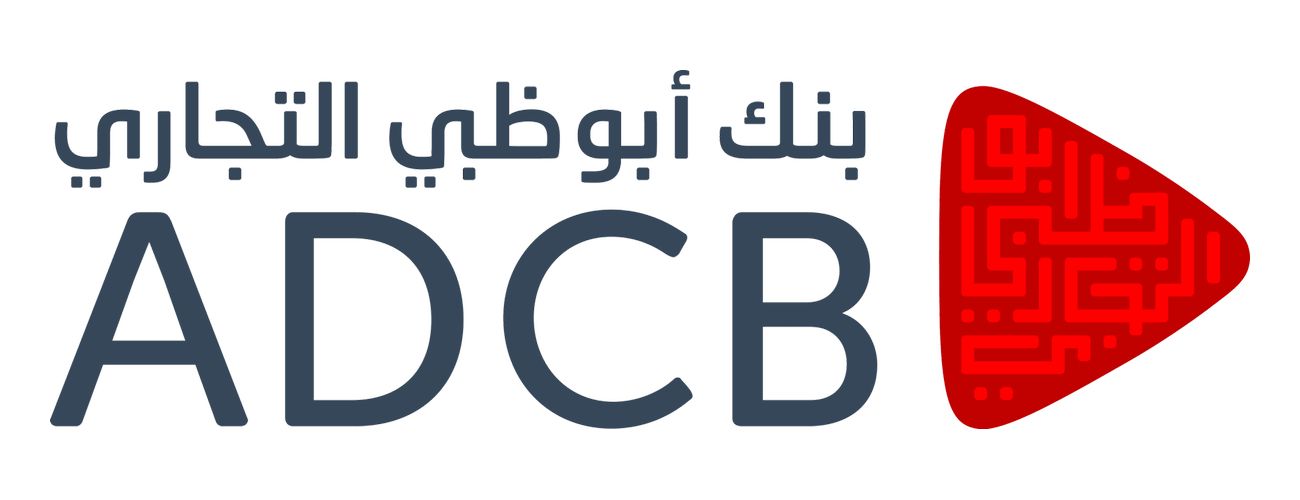“Real leadership is when everyone else feels in charge,” Bono aka Paul David Hewson said to Fortune, one of the fifty greatest leaders in the world. From Dalai Lama to Maria Klawe, every leader has a unique power to inspire people – a power they cultivated and endured with time, experience, and skills. No leader is complete without coaching skills. Let’s read more about the most essential coaching skills for leaders.
Being a leader, people look up to you for inspiration. As a leader, you are required to make decisions that may change your organization’s course and provide tactical guidance. But even leaders can benefit from support in these times of unprecedented uncertainty right now.
Coaching can help you expand leadership skills and navigate teams and businesses in radical times.
Why do I need coaching?
“Every famous actor, performer, leader, have somebody who is a coach—somebody who can watch what they’re doing and say, ‘Is that what you really meant? Did you really do that thing?’, and give them perspective. The one thing people are never good at is seeing themselves as other people see them. A coach really, really helps.” – Eric Schmidt, the former CEO of Google, technical advisor to Alphabet and chairman of the US Department of Defense’s Defense Innovation Advisory Board.
Coaching is not advising or counseling or mentoring. It’s about reflecting your own thoughts, being conscious and aware, make a better decision. A coach helps you make a well-thought decision on where you are now and where you want to be.
How can coaching help me as a leader?
From CEOs of international corporations to aspiring entrepreneurs – coaching for leaders can bring life-long positive impacts in their personal and professional life. In coaching, you learn that leading is also similar to creating a ripple effect. Your team unconsciously simulates your behavior, attitude, and work habits. What kind of leader do you want to be?
Looking for a professional coaching certification program or a certified team coaching training? We recommend you this ICF accredited program. Here are three “coaching for leaders” approaches to expand your leadership skills:
Listen to understand, not answer
Leadership coaches may not be great leaders. They need to be great at coaching. How many of us are drumming up our reply while someone is speaking? At that very moment, we do not comprehend the speaker. Practice active listening – listening that is being said as well as tuning into the heart and mind. Learn the art of active listening with coaching.
Making meaningful conversations
Not all coaching conversations are long, and not every conversation is meant to result in an outcome. It may stimulate their thinking or help them think deeply. Furthermore, it’s difficult to coach while leading. A coach never makes judgments or gives opinions. He/She listens and taps into your inner consciousness through thought-provoking conversations. The coach asks you questions that help you to gain clarity on your own. For instance:
- Can you tell me more?
- What does success look like to you?
- What will happen if you don’t do this?
- Do you want from this?
- If you’re living your ideal life, how would it look like?
- What’s most important to you? Why?
- Why not?
Try these questions on your team members, but as a word of advice, try answering these for yourself first. You never know what you’ve been missing.
The GROW Model
This simple coaching model is a reflective coaching tool that is extremely helpful in planning out goals. Traditionally, the GROW model assumes that a coach is not an expert in the client’s situation.
Goal – As a leader, you can use the GROW model to change team behaviors or identify and set actionable goals. Learn to make SMART goals through coaching. Does this goal align with the collective goals?
Current Reality – This stage gives you a clear picture of where you currently are as a team. What is happening now? What is your current reality as a team?
Options (or Obstacles) – This is the time to explore the options or obstacles you found in your team members. Decide upon a route or a method or actions that will help you to get where you want to be (goals). What else could you do? What obstacles are holding you to achieve this goal?
Will (or Way Forward) – Now, you’re set to face the challenges in achieving this goal. This is the last step to help your team member identify that last action that can help him/her to move forward the goal. How will you keep your team members motivated?
Conclusion
Ready to invest in coaching to improve your performance? We offer coaching consultancy services to connecting performance development with day-to-day work demands. Connect with us to know more about our ‘coaching skills for leaders’ program.









































